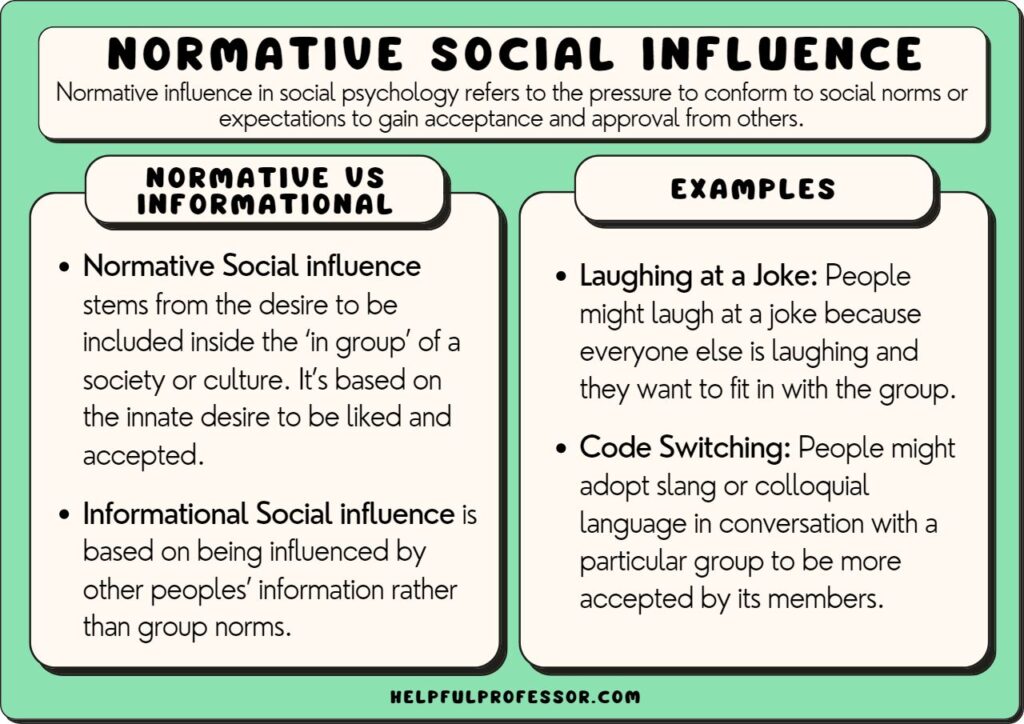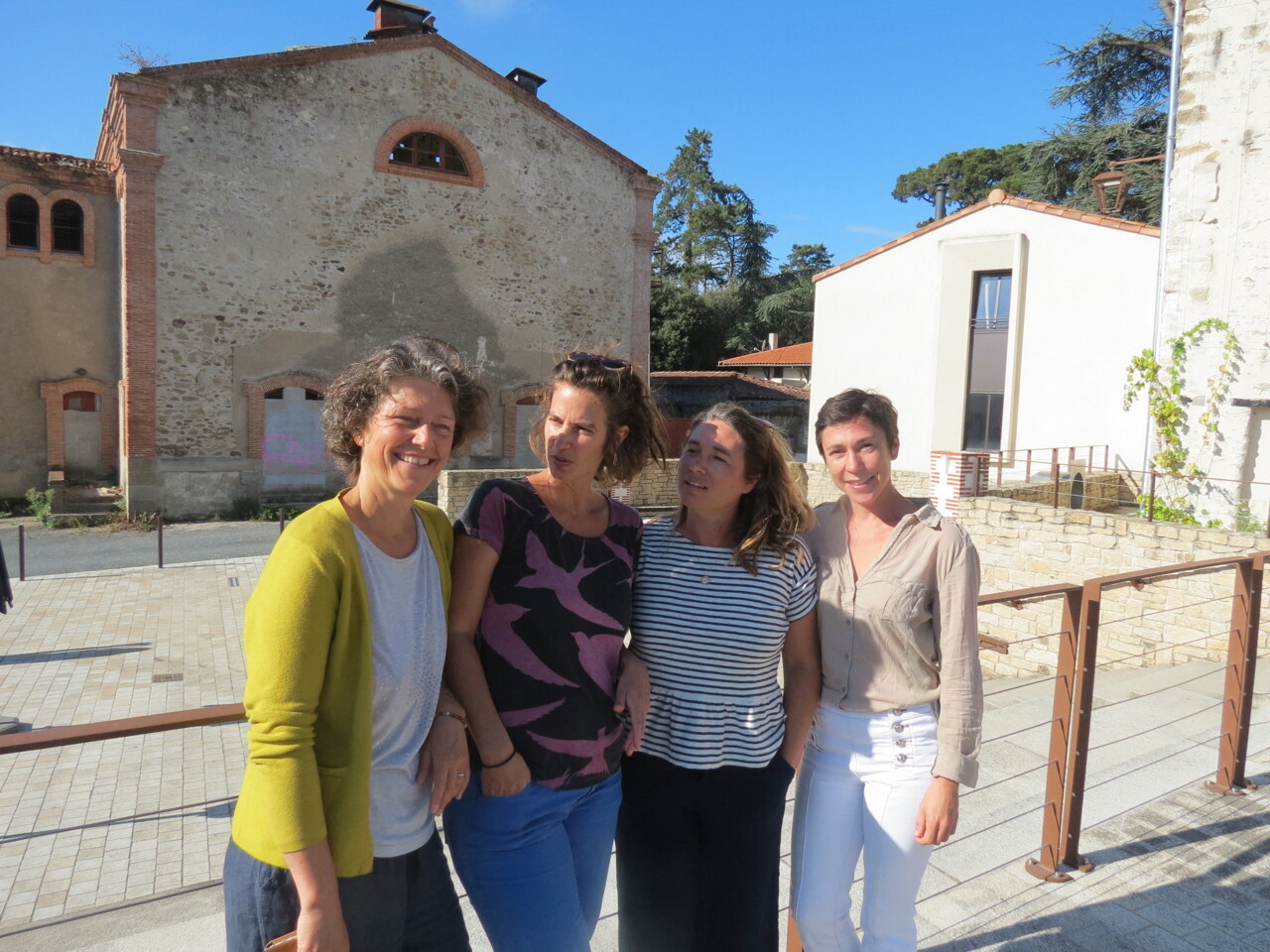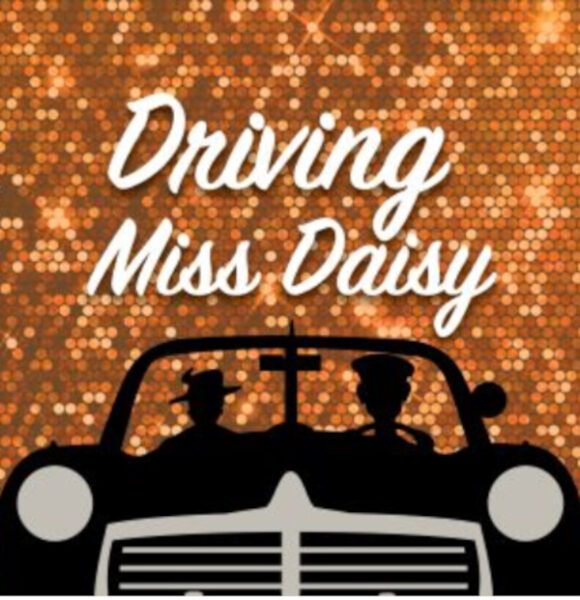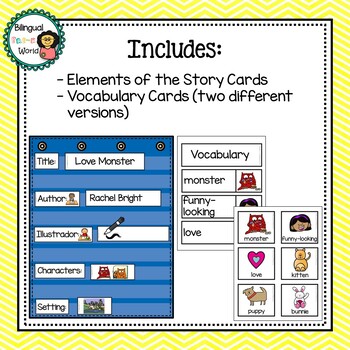The Sound Perimeter: A Study Of Music's Social Influence

Table of Contents
Music as a Social Glue: Fostering Unity and Group Identity
Shared musical experiences create powerful bonds and a strong sense of belonging. Music acts as a social glue, uniting individuals and fostering collective identity. This unifying power is evident in various aspects of our social lives:
-
Examples of music's role in social movements: Think of the civil rights anthems of the 1960s, such as "We Shall Overcome," which served as powerful rallying cries and symbols of unity for the movement. These songs transcended individual experiences, forging a collective identity and strengthening the movement's resolve. The shared experience of singing these songs fostered a sense of community and purpose among participants.
-
The unifying power of national anthems and popular music genres: National anthems, for example, evoke strong feelings of patriotism and national identity. Similarly, popular music genres often transcend geographical boundaries, creating a sense of shared experience and community among fans worldwide. The global popularity of K-Pop, for instance, demonstrates the unifying power of a shared musical experience, connecting fans across continents.
-
Analysis of music festivals and concerts as spaces for social interaction: Music festivals and concerts provide spaces for social interaction and the creation of fleeting communities. Attendees share a common interest in the music, fostering a sense of camaraderie and belonging. These events often create lasting memories and friendships, strengthening social bonds.
-
The role of music in creating and reinforcing group identities (e.g., subcultures, fan bases): Music is intrinsically linked to the formation of subcultures and fan bases. Genres like punk rock or heavy metal are associated with specific identities and values, bringing together individuals who share similar tastes and perspectives. These shared musical preferences contribute to a stronger sense of group identity and belonging. This extends to fan bases of specific artists or bands, creating online and offline communities centered around shared musical appreciation. This shared passion fosters social cohesion and a sense of community among fans.
Music and Social Change: A Catalyst for Revolution and Reform
Throughout history, music has served as a powerful catalyst for social change, challenging established power structures and inspiring movements for reform. Its ability to communicate emotions and ideas effectively makes it a potent tool for activism:
-
Examples of protest songs and their impact on social movements: Protest songs have played a crucial role in various social and political movements. From Woody Guthrie's songs during the Great Depression to Bob Dylan's anthems of the 1960s, music has given voice to dissent and galvanized social action. These songs often act as powerful expressions of shared grievances and aspirations, motivating collective action.
-
The role of music in raising awareness about social issues: Music can raise awareness about pressing social issues and stimulate dialogue. Songs addressing issues like poverty, inequality, and environmental destruction can reach vast audiences and spark public discourse, leading to potential social change. Artists frequently use their platforms to highlight these concerns and inspire positive change.
-
Case studies of musicians who used their platform to advocate for change: Many musicians have leveraged their platforms to advocate for social change. For example, musicians like Bono have used their influence to raise awareness about poverty and disease in Africa. Their advocacy work has often spurred governmental and public action, resulting in significant social change. This highlights music's power to shape public opinion and inspire action.
-
The power of music to inspire activism and mobilize communities: Music can inspire activism and mobilize communities to take collective action. The use of music in protests and demonstrations can energize participants and amplify the movement's message. This demonstrates music’s ability to act as a potent tool for social mobilization and the promotion of social change.
Music's Influence on Individual Identity and Self-Expression
Music profoundly shapes individual identities, self-perception, and emotional expression. Our musical tastes reflect our values, beliefs, and experiences, contributing to a sense of self:
-
The connection between music taste and personal values: Our musical preferences often align with our personal values and beliefs. The music we listen to can reflect our political leanings, our social views, and our general outlook on life. This creates a strong connection between our musical tastes and our personal identities.
-
Music as a form of self-expression and emotional catharsis: Music provides a powerful means of self-expression and emotional release. Listening to or creating music can help individuals process complex emotions, find solace during difficult times, and express their feelings in a constructive way. This highlights music’s therapeutic potential and its role in individual emotional well-being.
-
The role of music in identity formation during adolescence and beyond: Music plays a significant role in identity formation, particularly during adolescence. Discovering new genres and artists can help individuals explore their identities and find common ground with peers. This continues throughout life, shaping our evolving sense of self.
-
How music helps individuals navigate complex emotions and experiences: Music helps individuals navigate complex emotions and life experiences. Songs can provide comfort, inspiration, and a sense of shared experience, particularly during times of grief, loss, or uncertainty. This showcases music's therapeutic and emotional support capabilities.
The Dark Side of Music's Social Influence: Stereotyping and Discrimination
While music's social influence is largely positive, it's crucial to acknowledge its potential negative aspects. Music can perpetuate harmful stereotypes and contribute to discrimination:
-
Examples of songs that promote harmful stereotypes: Some songs perpetuate harmful stereotypes based on race, gender, or other social categories. These lyrics and imagery can reinforce prejudice and negatively impact listeners’ perceptions. Critical analysis of such content is necessary to understand its influence.
-
The role of music in reinforcing social inequalities: Music can inadvertently reinforce existing social inequalities. Certain genres or styles might be associated with particular social groups, leading to the marginalization or stereotyping of those groups. This highlights the responsibility of creators and consumers of music.
-
Critical analysis of the impact of problematic lyrics and imagery on listeners: It is crucial to critically analyze the potential impact of problematic lyrics and imagery on listeners, especially young people. Understanding how these elements might contribute to prejudice and discrimination is important in promoting responsible music consumption.
-
Discussion of responsible music consumption and media literacy: Promoting responsible music consumption and fostering media literacy is essential. Educating individuals to critically evaluate the messages conveyed in music can help mitigate the negative social impacts of harmful stereotypes and biases.
Conclusion
Music's social influence is a multifaceted phenomenon with far-reaching consequences. From fostering unity and inspiring social change to shaping individual identities and potentially perpetuating harmful stereotypes, music plays a crucial role in shaping our social world. Understanding the complexities of music's social influence allows us to engage more critically with the music we consume and leverage its power for positive social change. Explore further into the profound impact of music's social influence – its potential to unite, to inspire, and to transform. Learn how you can use your understanding of music's social influence to make a positive impact.

Featured Posts
-
 Dexter Resurrection Analyzing The New Villains Appeal
May 22, 2025
Dexter Resurrection Analyzing The New Villains Appeal
May 22, 2025 -
 Viral Video Cubs Fans Hot Dog Kiss Mimics Lady And The Tramp
May 22, 2025
Viral Video Cubs Fans Hot Dog Kiss Mimics Lady And The Tramp
May 22, 2025 -
 Klopp Un Yeni Goerevi Bir Duenya Devi Icin Bueyuek Doenues
May 22, 2025
Klopp Un Yeni Goerevi Bir Duenya Devi Icin Bueyuek Doenues
May 22, 2025 -
 Celebrity News David Walliams And Simon Cowells Bitter Falling Out
May 22, 2025
Celebrity News David Walliams And Simon Cowells Bitter Falling Out
May 22, 2025 -
 Le Theatre Tivoli De Clisson Images Exclusives De L Interieur Candidat Loto Du Patrimoine 2025
May 22, 2025
Le Theatre Tivoli De Clisson Images Exclusives De L Interieur Candidat Loto Du Patrimoine 2025
May 22, 2025
Latest Posts
-
 Vapors Of Morphine Northcote Show Next Month
May 22, 2025
Vapors Of Morphine Northcote Show Next Month
May 22, 2025 -
 Dont Miss Vapors Of Morphine Live In Northcote
May 22, 2025
Dont Miss Vapors Of Morphine Live In Northcote
May 22, 2025 -
 Exploring The Themes In The Love Monster
May 22, 2025
Exploring The Themes In The Love Monster
May 22, 2025 -
 Low Fi Legends Vapors Of Morphine Coming To Northcote
May 22, 2025
Low Fi Legends Vapors Of Morphine Coming To Northcote
May 22, 2025 -
 Understanding The Appeal Of The Love Monster
May 22, 2025
Understanding The Appeal Of The Love Monster
May 22, 2025
